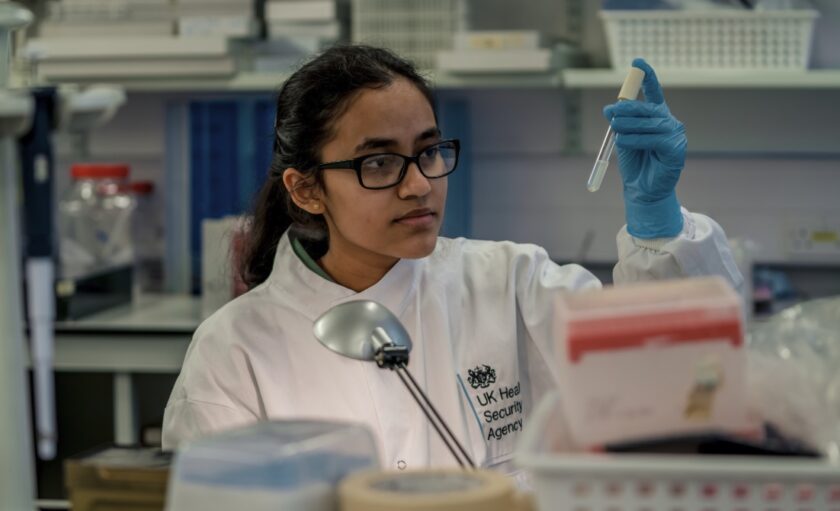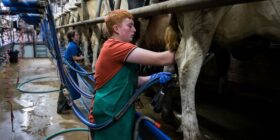UKHSA warns of second norovirus wave as cases surge

The UK Health Security Agency (UKHSA) has warned of a potential second wave of norovirus infections this winter, with data showing the virus continuing to spread at record levels.
Cases confirmed in laboratories between 3 and 16 February were 29.4% higher than the previous fortnight and more than double the five-season average for the same period.
The outbreak has been particularly severe in hospitals and care homes, with the highest infection rates among people aged 65 and over.
Typically, norovirus cases decline as the weather warms, but UKHSA experts say it is too early to determine whether the virus has peaked.
The surge in infections is linked to the GII.17 genotype, which has been dominant in recent months. However, a previously common strain, GII.4, is now increasing sharply.
The GII.17 strain accounts for 59% of current cases, down from 76% in November, while GII.4 has risen from 10% to 29% over the same period.
This shift means people who have already had norovirus this winter could be at risk of reinfection, as immunity to one strain does not fully protect against the other.
However, there is no evidence that either strain causes more severe illness.
Norovirus symptoms typically include nausea, vomiting, diarrhoea, high temperature, abdominal pain and aching limbs.
While most people recover within a few days, older adults, young children and those with weakened immune systems are at higher risk of dehydration and more severe symptoms.
Amy Douglas, Lead Epidemiologist at UKHSA, said: “Norovirus levels are still exceptionally high and now with multiple genotypes spreading at the same time, people could end up getting infected more than once this season.
“We are seeing the biggest impacts in health and social care settings, such as hospitals and care homes. Symptoms of norovirus can be more severe in older adults, young children and those who are immunocompromised. If you have diarrhoea and vomiting, please do not visit hospitals and care homes or return to work, school or nursery until 48 hours after your symptoms have stopped. And don’t prepare food for others, as you can still pass on the virus during this time.
“Alcohol gels do not kill norovirus. Wash your hands with soapy warm water and clean surfaces with bleach-based products where possible to help stop infections from spreading.”
UKHSA experts estimate that reported cases represent only a small fraction of actual infections.
For every confirmed case, approximately 288 cases occur in the community, suggesting that around three million people in the UK contract norovirus each year.
Spotted something? Got a story? Send a Facebook Message | A direct message on Twitter | Email: [email protected] Latest News








